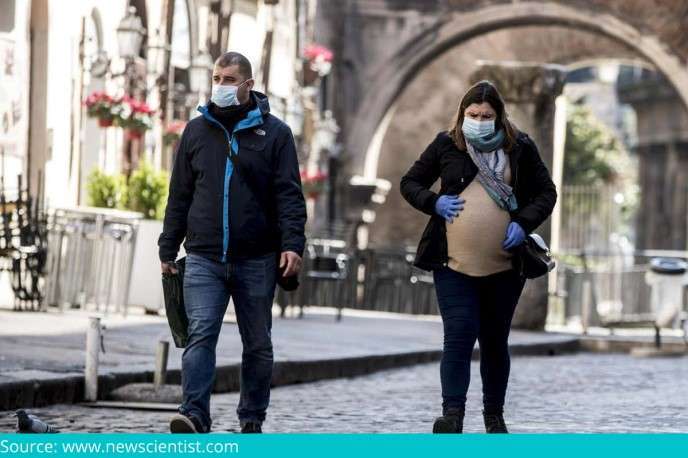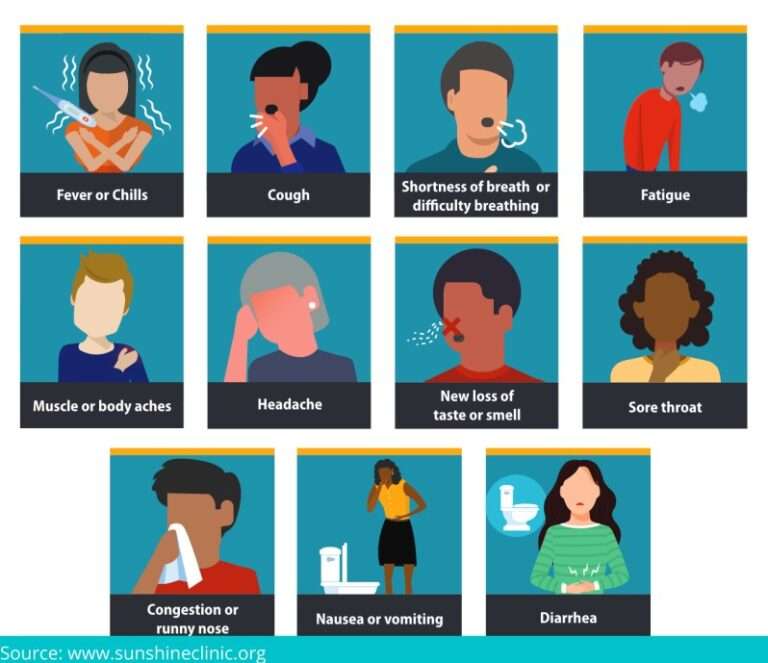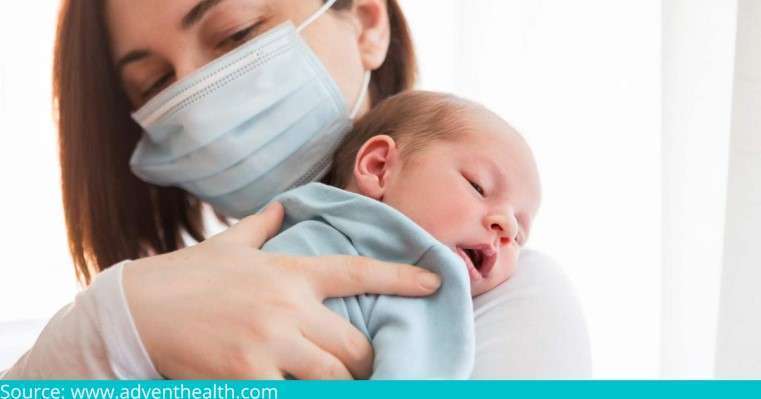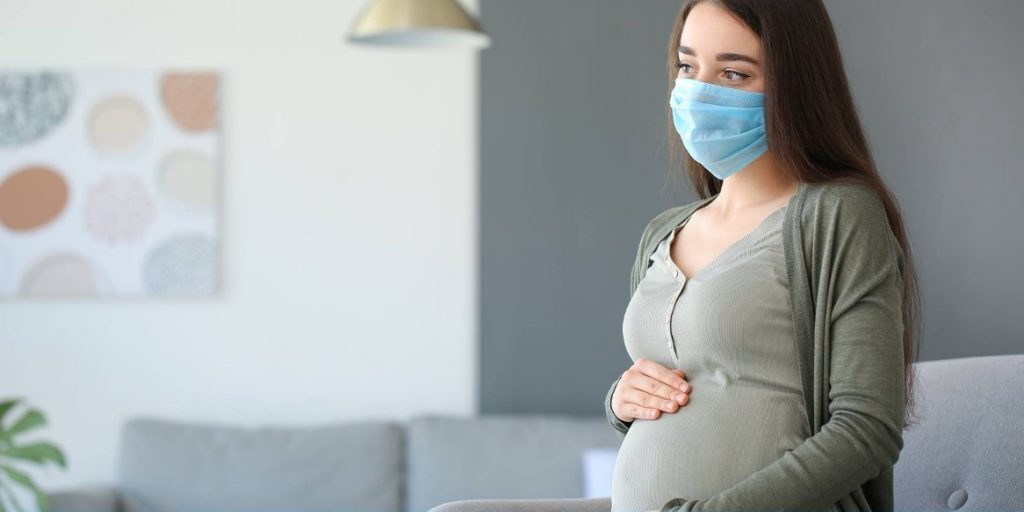Pregnancy may be a time of joyous expectation and excitement for women and their loved ones. On the other hand, the coronavirus pandemic is a cause for concern. You may be constantly stressed out, wondering if COVID-19 poses a risk to you and your child.
Pregnant women’s immune systems can fluctuate throughout pregnancy, making them more susceptible to respiratory illnesses. To protect themselves from COVID-19, pregnant women and anyone close to them must take the proper steps. They should see a doctor right away if they experience symptoms such as fever, cough, or difficulty breathing.
You may have a safe, joyous pregnancy while safeguarding yourself and your baby against the dangers of COVID-19 by following doctors’ instructions and taking some precautionary measures.
You can seek advice from Dr. Hrishikesh Pai, one of the leading gynecologists and famous infertility specialists in India. He is the Medical Director of Bloom IVF Clinic, one of the best IVF centers in India.
Are expectant mothers more vulnerable to COVID-19?
Pregnant women are not any more likely than other healthy individuals to contracting COVID-19. Still, they are at a slightly higher risk of getting severely affected if they do. They are more likely to experience pregnancy difficulties such as premature birth or stillbirth.
Pregnant women should take more precaution and adopt a few steps that are now necessary:
The most crucial step is maintaining good hand hygiene by washing hands regularly with water and soap for at least 20 seconds.

Touching your face, particularly your eyes, lips, and nose, is not a good idea.
Limiting the virus’s propagation requires social separation. It’s fine to go for walks as long as you keep a distance of six feet from anyone who doesn’t reside with you.

Wear a three-layered mask when outside, especially when maintaining social distance is difficult. When worn entirely over the mouth and nose, even a fabric mask can help shield you and others.
Stay at home if you have a minor cough or cold, and restrict your contact with others. To avoid making others sick, cough and sneeze into a tissue you throw away right away or into your elbow. Preserving your immune system also requires adequate hydration and rest.

Can I take the COVID-19 vaccine when pregnant?
Vaccination may benefit both you and your baby. Obstetricians and Gynecologists recommend that all pregnant women should get vaccinated against COVID-19. Remember that COVID-19 poses a greater risk of severe sickness in pregnant women than in non-pregnant women. COVID-19 infection, serious illness, and death can all be prevented with vaccinations.
If you are pregnant and have questions regarding immunizations, feel free to speak with Dr. Hrishikesh Pai, a highly competent and knowledgeable obstetrician-gynecologist and
famous IVF doctor in Mumbai.
What are the symptoms of COVID-19?
The most common symptoms of COVID-19 are:
- headache
- cold
- cough
- tiredness
- fever
- loss of taste and smell
- vomiting
- diarrhea
- shortness of breath, etc.

There are a few serious symptoms as well, such as organ dysfunction, shock, and so on, but they only affect about 5% of people. Therefore, don’t be concerned; most people with moderate symptoms recover in 2–3 weeks.
What if I get COVID-19 during pregnancy?
COVID-19 symptoms in pregnant women should be reported to their doctors as soon as possible. Do not be alarmed if you test positive for the coronavirus. Feeling anxious and stressed will take further toll on your health.
A high fever during pregnancy might increase the chance of birth abnormalities, especially in the first trimester. That is why you must take precautions against any illness that creates a fever, including flu.
- Stay at home unless you require medical attention. If possible, avoid taking public transportation.
- Before visiting your doctor’s office, call and discuss your concerns. If you are feeling worse or believe it is an emergency, seek medical help immediately.
- Isolate yourself from the rest of the household.
- Put on a face mask when you are with other people or when going to the doctor.
Will I pass COVID-19 to my baby by breastfeeding?
COVID-19 is unlikely to transfer through mother’s milk and cause illness in a baby. The majority of evidence suggests that breastfeeding your newborn is safe. Mother’s milk is the best source of nutrients for babies. COVID-19 should not prevent you from breastfeeding your infant.
You can ask your gynecologist whether you can breast feed your baby immediately after birth.
How can I keep COVID-19 from infecting my baby?
To avoid transferring the virus to your baby, take the following precautions while at the birth center and after you return home:
- When handling your infant, wear a face mask or cover even during nursing.
- Before touching your infant, wash your hands.
- Hands should be washed before handling any bottle parts or breast pump. Clean all bottle and pump parts after each usage.
- Take the help of a healthy person in caring for your newborn if possible. They should put on a mask and wash their hands. They also shouldn’t be in danger of COVID-19-related sickness.

Conclusion
Pandemics are a source of anxiety for everyone. Fear and anxiety over an illness can be unbearable for parents and children alike, not only during pregnancy but long beyond.
If your due date is approaching, do not over-stress yourself. It is better to be prepared than terrified, as the saying goes. Hospitals have protocols to guarantee that deliveries are safe and that newborns are not infected.
Keep yourself healthy and safe. If you have any doubts or symptoms, please call Dr. Hrishikesh Pai for advice. He is respected for his expertise in pregnancy, childbirth and the reproductive health of women.

